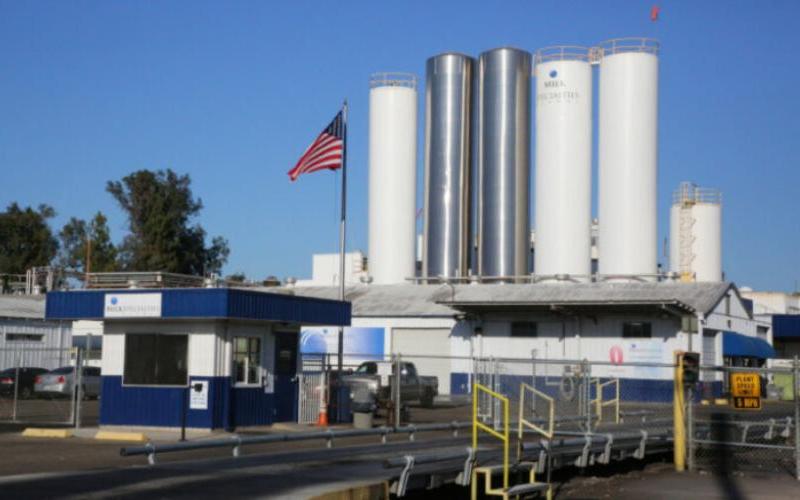The Dairy Dilemma: Norfolk's Struggle with Actus Nutrition
Sourse: northeast.newschannelnebraska.com
A Norfolk dairy processing plant expansion has led to significant challenges, including pollution, odor, and wastewater violations, reflecting the complex dynamics between economic growth and environmental responsibility.

Michael’s Cantina, a cornerstone of Norfolk's dining scene, has encountered an unpleasant problem shared by local residents—the persistent odor attributed to the dairy processing plant Actus Nutrition. This plant, formerly known as Milk Specialties Global, has significantly expanded, boosting its processing capacity significantly which coincided with increased pollution problems and breaches of state and local regulations. Heath Henery, the restaurant's owner, has voiced frustration over the stench which he describes as 'a sewer smell with almost a vomit smell,' threatening the establishment's timeless appeal. Actus's operations have sparked concern not just among neighbors but also among local officials up to the level of Nebraska's governor.
City officials report nearly 300 wastewater agreement violations within the past year alone, damaging Norfolk’s ability to process wastewater and raising environmental and public health concerns. Despite the economic boon Actus provides—offering better milk prices and lowering transportation costs for local farmers like Mike Guenther—its operational missteps have resulted in serious consequences, including disrupting the Norfolk wastewater treatment plant. In response to the violations, the Norfolk City Council has instituted tougher penalties, escalating fines to encourage compliance from Actus and protect the city’s resources. A scrutinizing eye remains from federal and state regulators after incidents involving spills into local water bodies, endangering aquatic life and prompting federal inspection.
Amid tensions, collaborative efforts are ongoing to strike a balance between maintaining essential business operations and adhering to necessary environmental practices. City officials are cautiously hopeful after recent improvements, including heightened penalties which have facilitated better communication with Actus. This continuing saga underscores the intricate balance communities must find between fostering industry and enforcing ecological and community safety standards.
City officials report nearly 300 wastewater agreement violations within the past year alone, damaging Norfolk’s ability to process wastewater and raising environmental and public health concerns. Despite the economic boon Actus provides—offering better milk prices and lowering transportation costs for local farmers like Mike Guenther—its operational missteps have resulted in serious consequences, including disrupting the Norfolk wastewater treatment plant. In response to the violations, the Norfolk City Council has instituted tougher penalties, escalating fines to encourage compliance from Actus and protect the city’s resources. A scrutinizing eye remains from federal and state regulators after incidents involving spills into local water bodies, endangering aquatic life and prompting federal inspection.
Amid tensions, collaborative efforts are ongoing to strike a balance between maintaining essential business operations and adhering to necessary environmental practices. City officials are cautiously hopeful after recent improvements, including heightened penalties which have facilitated better communication with Actus. This continuing saga underscores the intricate balance communities must find between fostering industry and enforcing ecological and community safety standards.
Key News of the Week










